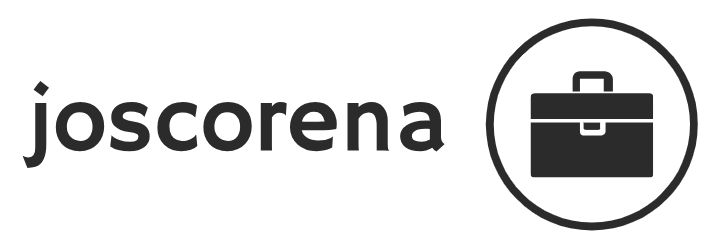[ad_1]
Agility at scale is becoming increasingly crucial for large enterprises to adapt to fast-paced digital transformation, changing customer demands, and global competition. Business agility enables organizations to respond rapidly to changes, collaborate strategically, and deliver products and services that satisfy customers’ needs. Enterprises are embracing agility at scale by implementing agile methodologies across the organization, re-structuring traditional hierarchies, and fostering a culture of continuous improvement.
Agile methodologies, such as Scrum, Kanban, and Lean, are being adopted by large enterprises to improve productivity, efficiency, and customer satisfaction. These methodologies prioritize incremental progress, frequent releases, and continuous feedback, enabling teams to respond rapidly to customer needs and market changes. By adopting agile methodologies at scale, enterprises can break down traditional silos, improve cross-functional collaboration, and foster a culture of accountability and innovation.
Furthermore, to achieve agility at scale, enterprises need to re-structure traditional hierarchies. This involves the formation of self-organizing teams, flattening of organizational structures, and empowerment of employees to make decisions. By enabling teams to be autonomous, enterprises can promote innovation, improve job satisfaction, and better respond to customer needs. Leaders in large enterprises are also embracing servant leadership, where they support their teams, encourage collaboration, and demonstrate a willingness to learn from others.
To achieve business agility, enterprises are also fostering a culture of continuous improvement. This involves incorporating feedback mechanisms, measuring performance, and encouraging experimentation and learning. By creating a culture of continuous improvement, enterprises can continuously refine their processes, products, and services, delivering greater customer satisfaction, and driving their growth. To achieve this, enterprises can leverage various agile frameworks like SAFe (Scaled Agile Framework), LeSS (Large-Scale Scrum), and DAD (Disciplined Agile Delivery).
In conclusion, Agility at scale is the future for large enterprises to stay competitive and successful in today’s dynamic business environment. By adopting agile methodologies, re-structuring traditional hierarchies, and nurturing a culture of continuous improvement, enterprises can embrace business agility, be adaptive, and increase their capacity to respond rapidly to changing market conditions and customer needs. Agility at scale enables organizations to deliver value to customers efficiently and effectively, collaborating strategically with stakeholders, and consistently enhancing customer experiences.
[ad_2]
